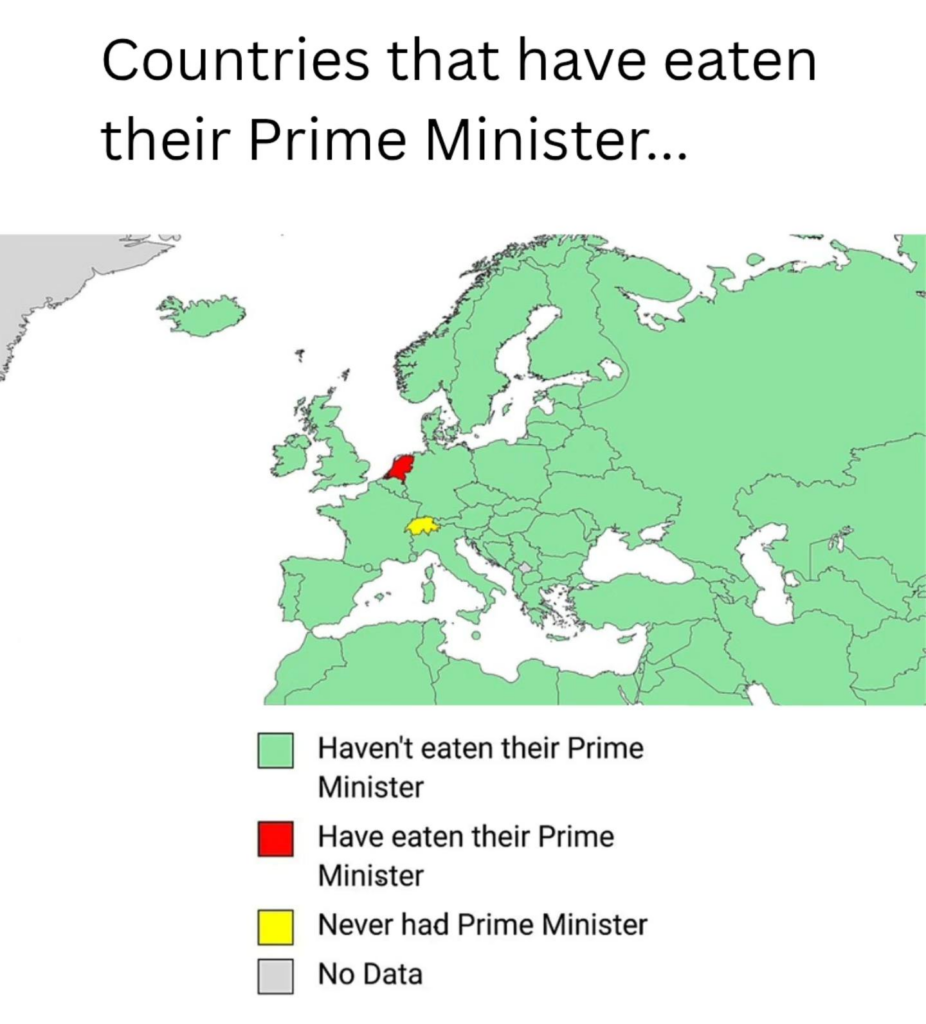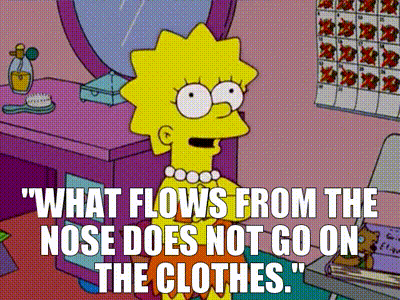Weird thing #1 – eating their prime minister

From the super-reliable sounding Facebook group “History Cool Kids”
In 1672, during a major crisis in the Netherlands, a mob captured and executed the former leading statesman Johan de Witt (who was effectively serving as prime minister). He was then partially eaten by the mob.
Under his leadership, though not because of his personal failures, the Dutch Republic was attacked simultaneously by England, France, and the German states of Prince-Bishopric of Münster and Electorate of Cologne during the Franco Dutch War. Although the Dutch ultimately survived the invasion, the year became known as the Disaster Year because of the scale of military and political collapse.
The violence was also tied to internal political rivalry, and some contemporaries and later historians have suspected the influence of William III of England, then Prince of Orange, who benefited politically from the crisis and rose to power as stadtholder before later invading England in 1688 and becoming king.
The aftermath was famously depicted in a painting by Jan de Baen, and many Dutch historians still regard Johan de Witt as one of the greatest statesmen in the country’s history, which makes the episode especially tragic.
And you can apparently see his tongue and finger in The Hague:



